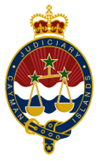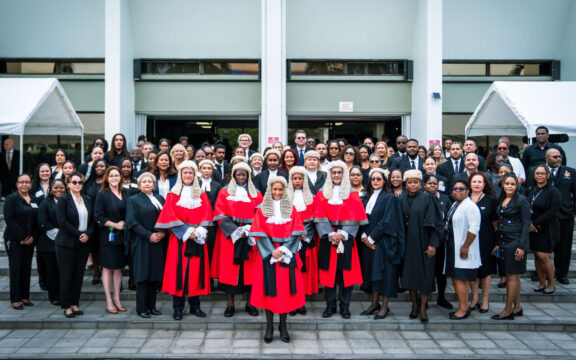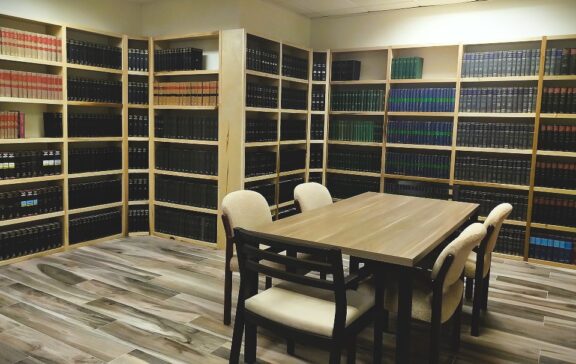
General Guidance for Media
In addition to familiarising themselves with the contents of the relevant Practice Directions and Practice Guidance governing media practices within the precincts of courts, media may wish to consider the following general recommendations:
- Check court cause lists ahead of time. This website posts cause lists for various courts; you may also subscribe to a free email alert service when you register; if you want to do so later, use the “Contact Us” link to request that your registration be changed. Cause lists for all courts where the information is public are also displayed in the lobby of the main court building.
- To avoid delays, avoid setting off the metal detectors. As elsewhere, courts in Cayman screen all persons coming into court with the use of metal detectors. Accordingly, you will not be allowed to enter the court facilities with camera equipment (still or video) or recorders. Practice Direction1 of 2014 does allow, however, use of an unobtrusive, hand-held live communication device, such as a cell phone in silent mode.
- Dress appropriately. The rule of thumb is dress appropriate for the office, with arms covered. Avoid jeans and T-shirts.
- Acknowledge the Magistrate or Judge when entering or leaving a court in session. The proper protocol for persons entering or leaving courts in session is to stand and make a discreet bow to the Magistrate or Judge when standing just on the inside of the door into or out of the court room or Chambers.
- Special seating provided for journalists. Journalists will be provided special seating; arrive in advance of court sessions and check with the relevant court officer if unsure.
- Be prepared for delays. Magistrates, Judges and lawyers are often engaged in unanticipated closed Chambers’ hearings vital to cases. Be prepared for these delays and consequent postponements as a routine aspect of your beat as a court reporter.
- Be very, very careful in youth court or in cases involving youths. Most journalists are aware that they are not allowed to name youths (in the Cayman Islands, persons under 18 years of age), but they are also prohibited from reporting anything that might identify them. These include names of parents, addresses, school attended, or any other information that the judge or magistrate may restrict, including names of associated clubs or sporting organizations.
- Don’t be afraid to ask the presiding court officer or, subsequently, the Court Administrator, for clarification. If there’s something you’re not sure about, such as a reporting restriction, don’t be afraid to ask the presiding court officer. Acting Court Administrator Christina McTaggart is also a good source of information and welcomes media queries on general information or on further appropriate court contacts.
- Don’t second-source anything you don’t hear in court yourself. Double-check second-source information with the appropriate court officer. This should be done even if information is secured from a trusted source, such as a lawyer acting for a defendant.
- Never attempt to speak to jurors during a trial. Obviously, as is standard in most places, journalists are prohibited from interviewing or otherwise communicating with jurors during or after a trial.
- Understand sub judice rules of court reporting.The norm in British territories, including Cayman, is that reporting of trials should be limited to the facts, with any opinions restricted until the conclusion of the trial. This is particularly true of jury trials but is generally a wise strategy to follow in all court reporting, including judge-only trials. This includes restricting commentary by website bloggers until after sentencing. Note that bloggers are subject to the same restrictions as journalists with regard to defamation and libel.
- Observe instructions of judges and magistrates scrupulously. Listen carefully at trials for any additional restrictions that a judge or magistrate may place on publication of information. Journalists who violate these stipulations may be liable to contempt of court orders.







